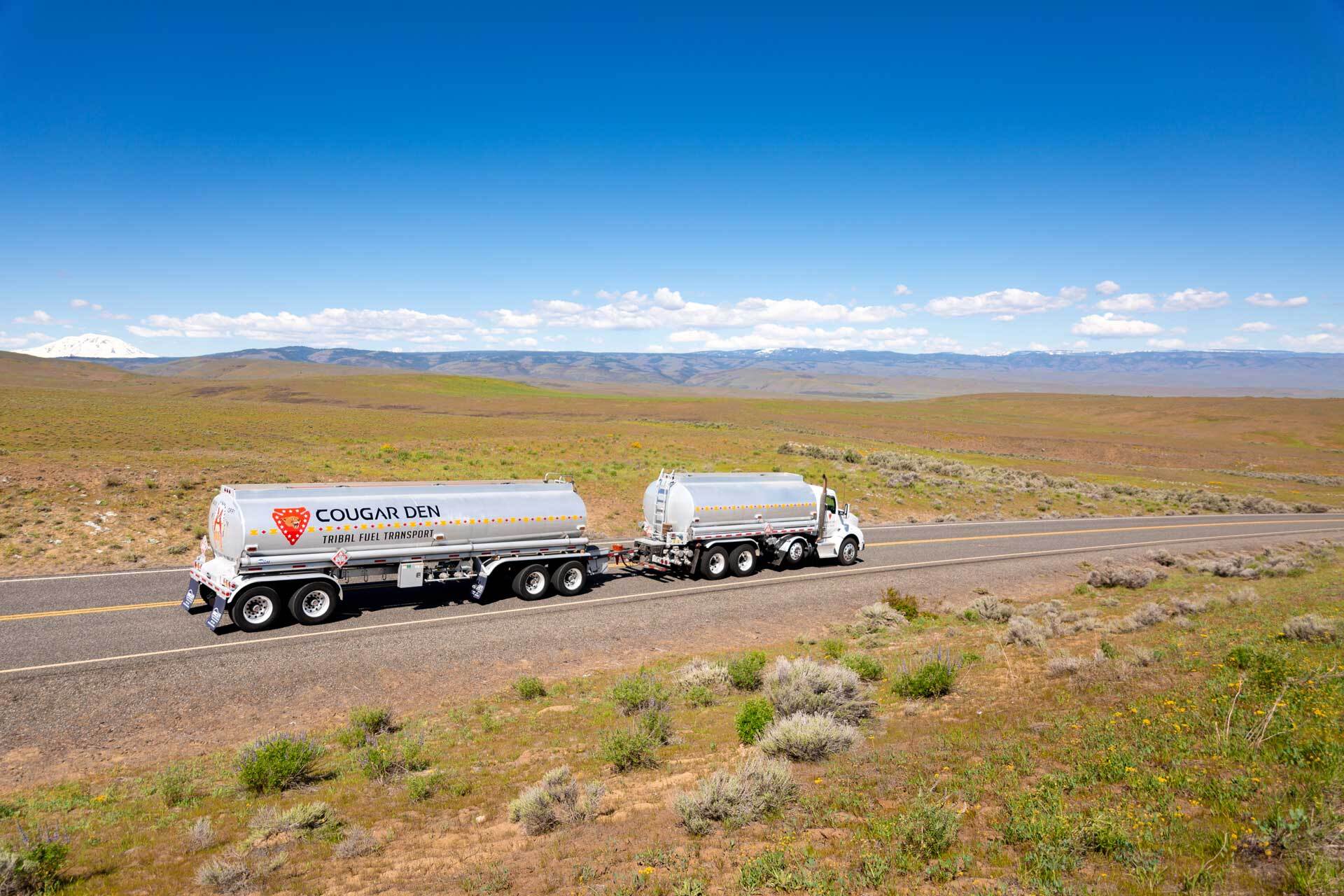
How a Supreme Court Ruling Echoed a Local Legacy
When the U.S. Supreme Court ruled in favor of the Yakama Nation in Washington State Department of Licensing v. Cougar Den, Inc. (2019), it wasn’t just a legal victory. It was a reaffirmation of treaty rights and, for many in Central Washington, a moment that echoed the legacy of Justice William O. Douglas, who was raised in the Yakima valley and never forgot the land and people that shaped his early years, spending decades championing Native rights from the nation’s highest court.
Douglas, who served on the Court from 1939 to 1975, built a remarkable record: in 47 cases where tribal interests were clear, he sided with Native nations in 39 of them. His deep-rooted belief in upholding the law and in honoring the promises made to Indigenous peoples made him one of the most consistent voices for tribal sovereignty in the Court’s history.
Cougar Den Inc., a Yakama-owned fuel company, faced millions in state-imposed taxes for transporting fuel across public highways. The Yakama Nation argued that an 1855 treaty guaranteed their right to travel those roads without interference.
Justices Ginsburg, Breyer, Sotomayor, Kagan, and Gorsuch sided with the Yakama Nation. Justice Gorsuch, joined by Ginsburg, wrote a powerful concurring opinion, emphasizing that treaties are not relics of the past, but “promises made” that must be honored. His reasoning was grounded in both constitutional principles and a deep understanding of Western tribal history.
Davis “Yellowash” Washines of the Yakama Nation said, “The Cougar Den Supreme Court case decision to affirm the Yakama Nation’s treaty rights and the role of Justices Breyer, Sotomayor, Gorsuch, Kagan, and Ginsburg in getting it passed is now and will be celebrated in the future by both the Yakama Nation and all American Indians for its insistence on honoring the Native American treaties and sovereignty rights.”